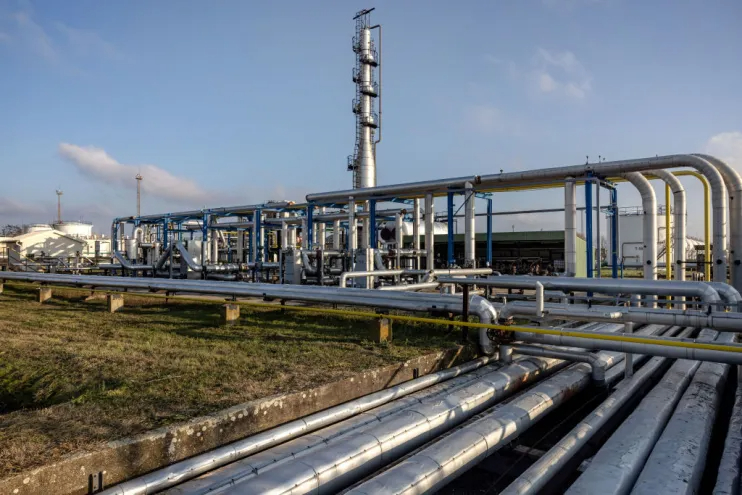Oil pulls back as OPEC boss warns high prices are here to stay

Oil prices have pared back from last month’s rally, weighed down by a stronger US dollar and expectations of sustained higher interest rates.
Brent Crude has slipped 0.69 per cent to $90.08 per barrel in early morning trading, with WTI Crude also down 0.57 per cent to $88.31 per barrel.
This follows prices dipping to a three-week low yesterday, after the US dollar rose to 10 month high against rival currencies – making oil more expensive for overseas importers.
There also growing expectations the Federal Reserve will sustain high interest rates into next year – which could put a buffer on economic growth and demand.
Craig Erlam, senior market analyst at Oanda, argued that investors were possibly cashing in on oil following the bumper rally last month which saw prices near the century milestone.
He said markets would be influenced by signals from OPEC+’s upcoming ministerial meeting tomorrow, with the cartel expected to sustain its swingeing cuts into new year – which represent five per cent of global supplies.
“Perhaps there’s an element of profit-taking ahead of the OPEC+ meeting after such a strong rally since mid-August or maybe risk-aversion elsewhere is weighing, driven by economic fears. The question now is whether trading in recent days or the recent shift in risk appetite will influence the outcome of the meeting,” Erlam said.
Tighter supplies would help prop up still robust oil prices, with the secretary general of OPEC+ expecting demand to climb this winter.
Haitham Al Ghais told the BBC that he still forecasts a demand growth of 2.4m barrels per day, in line with its latest monthly forecasts.
He also defended Saudi Arabia and Russia’s decision to unilaterally unveil further cuts totalling 1.3m barrels per day.
“This is a voluntary decision taken by two sovereign nations, Saudi Arabia and Russia. This decision can be described as precautionary or pre-emptive because of uncertainties,” he said.
Rather than focusing on prices, he argued OPEC+ was more concerned about “under investment” in the oil sector – with the International Energy Agency urging developed economies to commit to no new fossil fuel projects.
Al Ghais said: “Some have called for stopping investments in oil. We believe this is equally dangerous. It will lead to volatility in the future, possible supply shortages. And therefore we at Opec have always advocated for the importance of continuing to invest in the oil industry as we also invest in decarbonising the industry and move on to adding other forms of alternative energy such as renewables..”